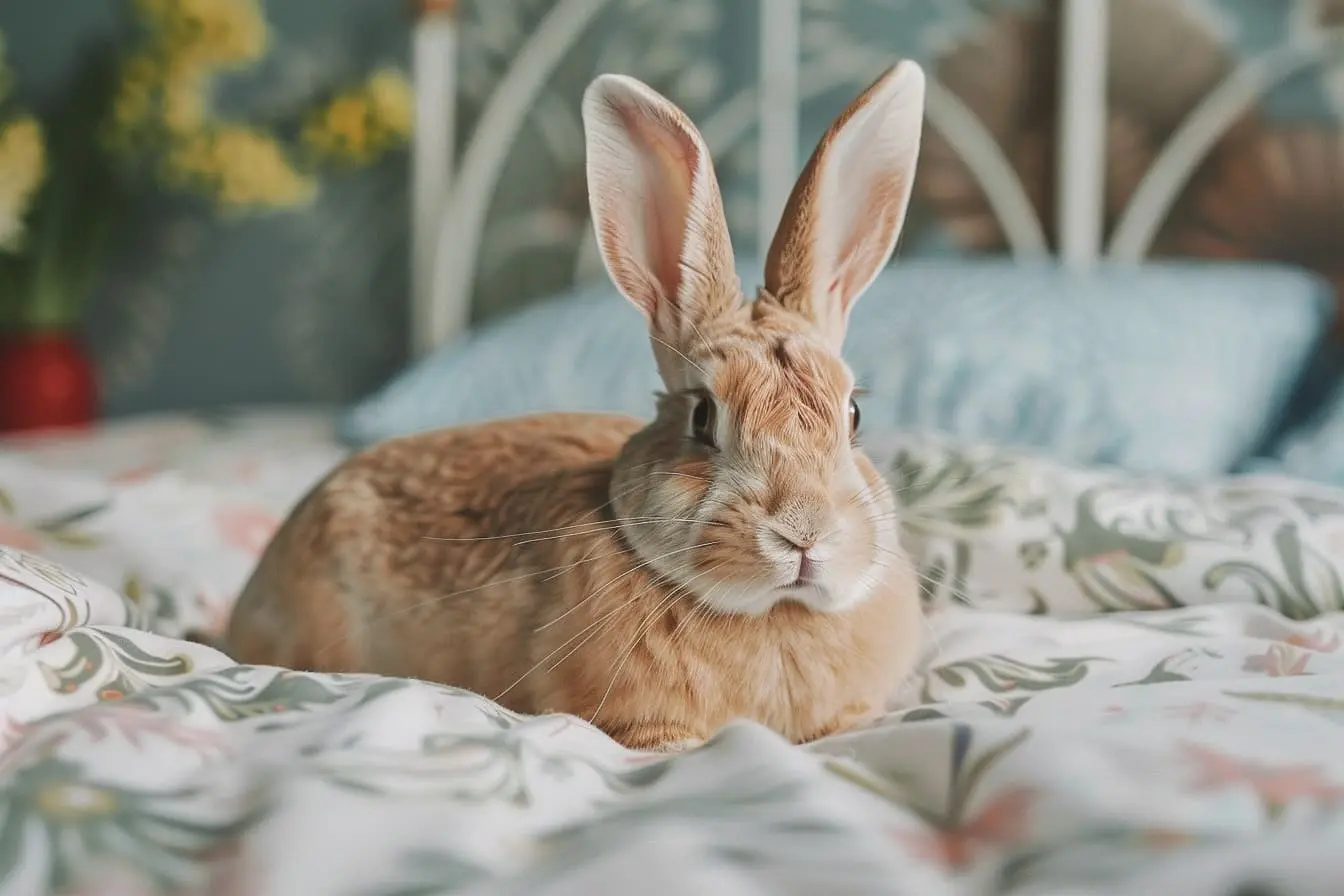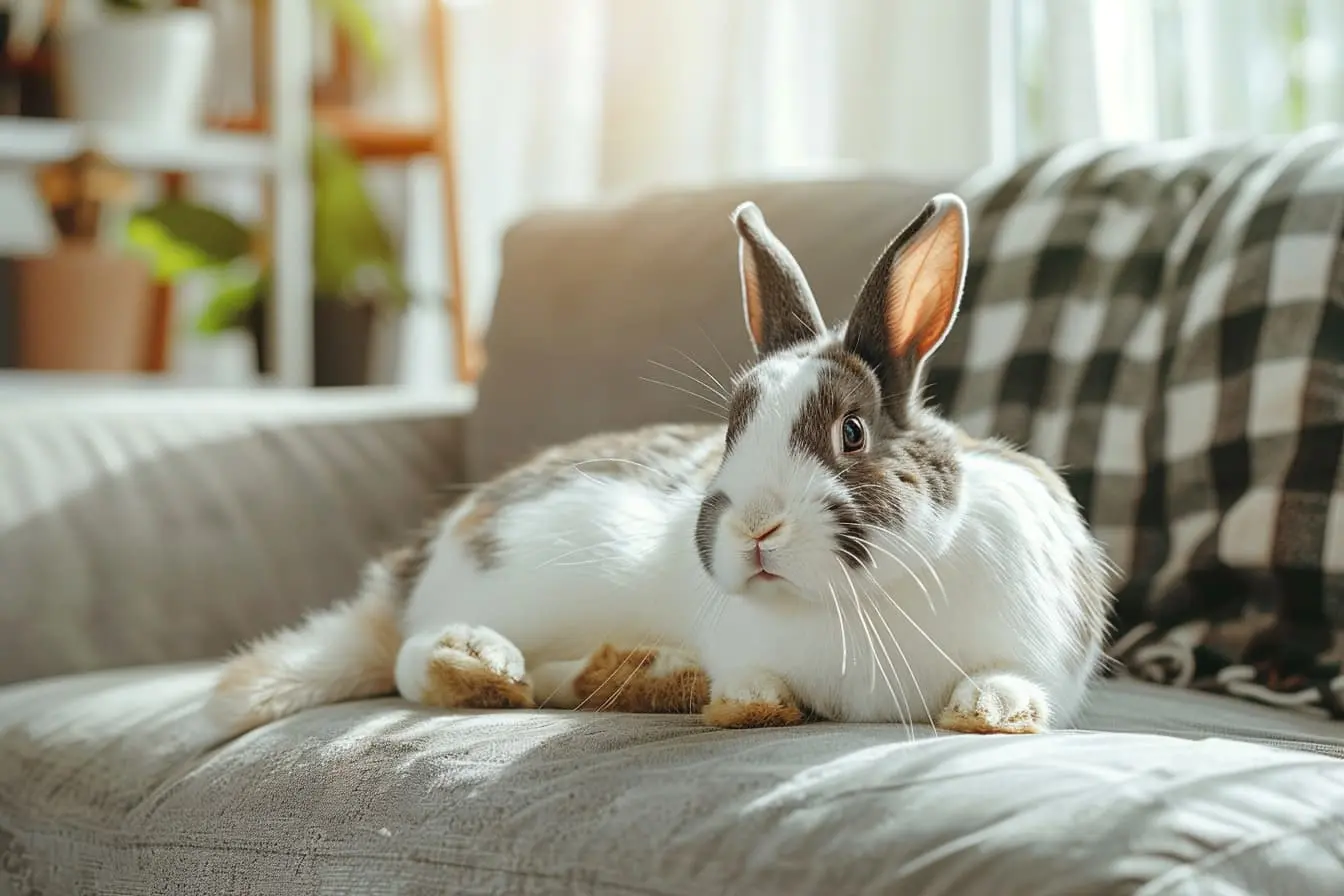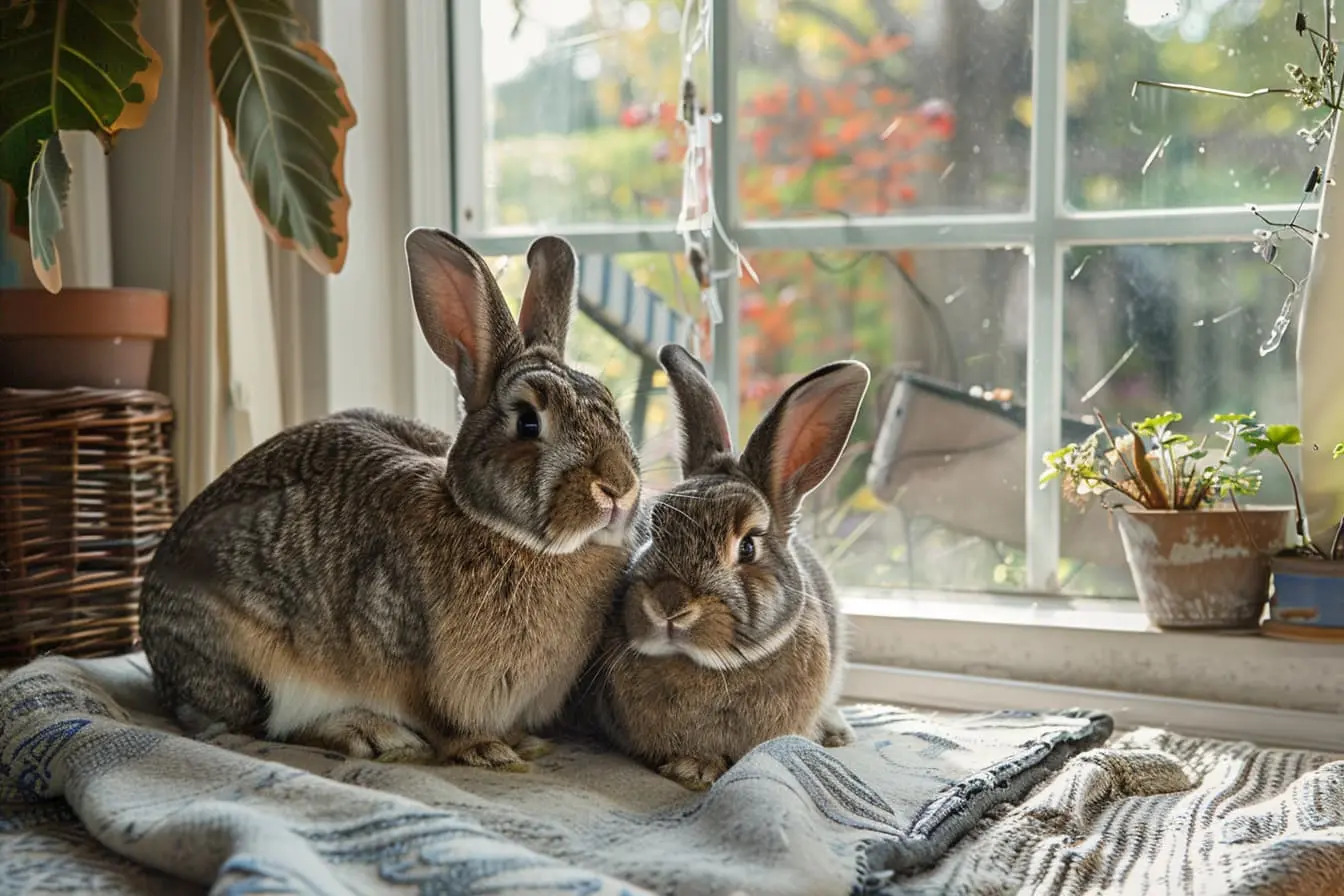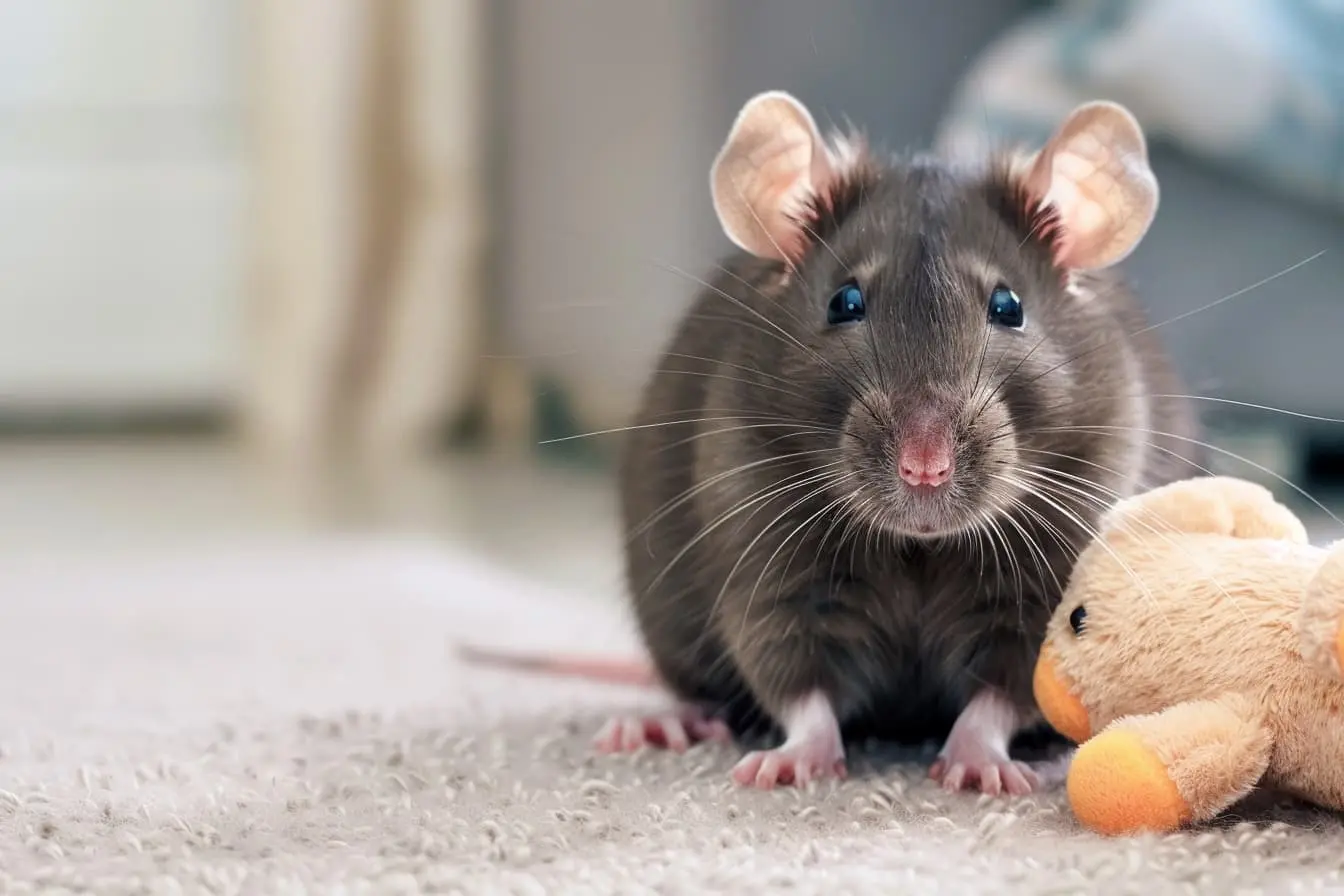
A Beginner's Guide to Rabbit Ownership
Adopting a rabbit can bring much joy and companionship into your home. These intelligent, social animals form close bonds with their owners and can even be litter trained. However, rabbits require specific care to ensure they live a happy and healthy life. This guide covers everything a new rabbit owner needs to know, from preparing your home for your new furry friend to daily care routines.
Understanding Rabbits
Before bringing a rabbit into your life, it's crucial to understand their needs and natural behaviours. Rabbits are prey animals, which influences their behaviour and dietary needs. They can live for 8-12 years, making them a long-term commitment. Rabbits need space to run, jump, and explore, both inside and outside their home. They're most active during dawn and dusk and prefer a quiet, calm environment.
Preparing for Your Rabbit
Housing
Choose a large cage or pen as your rabbit's home base. The enclosure should be large enough for your rabbit to stretch and stand up on its hind legs without touching the top. Rabbits thrive on interaction and should be housed indoors to be part of the family. Ensure the cage has a solid bottom to protect your rabbit's feet.
Bedding
Line the cage with a soft, absorbent bedding like hay or paper-based products. Avoid cedar and pine shavings, as they can cause liver problems and respiratory irritation in rabbits.
Diet
Rabbits' diets should consist mainly of hay, which helps keep their digestive systems healthy and their teeth worn down. Fresh vegetables and a small amount of pellets should supplement their diet. Always provide fresh, clean water, ideally in a bowl which is more natural for them to use.
Exercise and Enrichment
Rabbits need several hours of exercise outside their cage every day. Rabbit-proof your home to provide a safe environment for them to explore. Toys, tunnels, and items to chew on are vital for mental stimulation.
Bringing Your Rabbit Home
Allow your rabbit to adjust to its new environment gradually. Initially, they may be shy or nervous. Give them time to explore their new home on their terms. Establish a routine for feeding, cleaning, and interacting to help your rabbit feel secure.
Daily Care and Interaction
- Feeding: Provide a constant supply of hay, fresh vegetables, and a limited number of pellets. Remove any uneaten vegetables to prevent spoilage.
- Cleaning: Clean your rabbit's living area regularly. Spot-clean the cage daily and do a thorough clean weekly.
- Health Checks: Regularly check your rabbit for signs of illness, such as changes in appetite, behaviour, or stool production. Rabbits can hide illness well, so be observant.
Socialisation and Training
Rabbits are social creatures and require daily interaction with their human family. They can learn to respond to their name and even perform tricks. Handle your rabbit gently and frequently to build trust.
Litter Training
Rabbits can be litter trained relatively easily. Place a litter box in the corner of their cage and another in a corner of your home where your rabbit spends free-roam time. Use a paper-based or wood pellet litter and place a handful of hay in the box to encourage use.
Final Thoughts
Owning a rabbit is a rewarding experience that requires time, patience, and dedication. By providing proper care, a nutritious diet, and plenty of love and attention, your rabbit can become a cherished companion for years to come. Welcome to the delightful world of rabbit ownership!
Vets near you
Speciality vets
- Aquatics vet specialists
- Birds vet specialists
- Camelids vet specialists
- Cats vet specialists
- Cattle vet specialists
- Deer vet specialists
- Dogs vet specialists
- Equines vet specialists
- Exotic vet specialists
- Goats vet specialists
- Pigs vet specialists
- Poultry vet specialists
- Sheep vet specialists
- Small Mammals vet specialists
- Wild vet specialists
Vet facilities
- Accessible by public transport
- Blood testing
- Car park nearby
- Client car park
- Dentistry
- Diagnostic imaging
- Disabled public access
- Flea and worm treatments
- Microchipping
- Mobile services
- Neutering
- Open at weekends
- Out-of-hours service
- Referral interests
- Referrals only
- Street parking outside
- Toilets available
- Vaccination clinic



